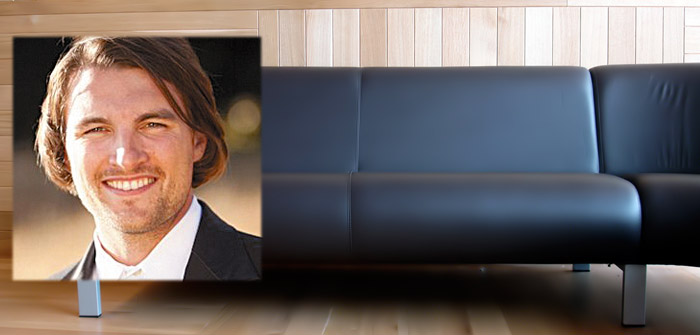Part III
The past couple of months I have written about the counseling profession, including what it is, who can be a counselor, how it might be helpful to you or a loved one and how it’s similar and different than other similar professions. This month I’d like to share a few things to look for in a counselor and a few things to watch out for.
What to Look for in a Counselor
1. Counselors are trained to listen to your story, empathize with your experiences and help you make changes; they aren’t there to agree with your perceptions of reality.
Good counselors listen, and they listen well. They possess the ability to capture your lived experiences and articulate them with honor and respect without judgment. Effective clinicians provide a space in counseling to explore what you want to explore, and help you dive deeper into issues for which you may have previously lacked awareness. You may come in with a surface-level or obvious issue that you thought was the problem (i.e., anger issues), and walk away from counseling having worked through a deeper, more intimate issue (i.e., deep feelings of insecurity and low self-worth).
This is all assuming you are at a point and place where you want to make changes, and if you are open to the discomfort that emerges in counseling. You are invited to take an honest look at yourself in counseling and explore the things you really value about yourself and the things for which you possess shame. That’s not easy, requires vulnerability and can take time. A good counselor will be patient and support you through the change process and provide candid feedback, even if you may not like what they have to say. Good counselors don’t worry about being liked or disliked—they are concerned with helping you be more whole and well.
2. Good counselors come in all shapes, sizes, ages, colors and genders. Remember that effective counseling is as much about finding the right fit as it is about finding the ‘best’ counselor.
Trust is at the heart of effective counseling. Understandably, some people may want to work with a counselor who looks like them or is similar to them in disposition. On the other end of the spectrum, some people may want a counselor who is nothing like them at all. Or, maybe there is a specific counseling approach or technique some people are looking for. That’s all great, but here is what I have learned: effective counseling is much more about the connection you have with your counselor than the counselor’s approach or years of experience.
Yes, a counselor’s focus and areas of expertise may be important and contribute to your level of trust, but when seeking out a counselor look for a person with whom you experience hope and optimism and someone who you can envision sharing your joys, sorrows and vulnerabilities.
Things to Watch Out for in a Counselor
1. Counselors with loose boundaries.
There are plenty of professionals who consciously or unconsciously enter into the counseling profession to work on their own “stuff.” And, to a certain extent, that’s okay. Regardless of profession, it’s our own stories and life experiences that create or foster the urge to do something. However, it becomes not okay when a counselor lacks awareness of how their past or present experiences impact their work with others, the kinds of interventions they draw from and how they choose to interact with their clients. In other words, your counseling process becomes the counselor’s healing, which is highly unethical. Some counselors might share minimal aspects of themselves to build rapport and trust, and it is done with a clinical intent. However, if you notice that the focus remains on the counselor after he or she shares something about themselves and that your counseling sessions very often focus on your counselor’s own issues or them giving you advice, use caution. Listen to that feeling in your gut.
If a counselor ever invites you to engage in a social event or interaction, invites you to join their personal social media webpage or seems flirtatious, first ask them about their intentionality if you feel comfortable doing so. Then, find a different counselor. The moral of the story: think critically about the services you are receiving and don’t just trust blindly.
2. People who say they are professional counselors (or another licensed helping professional) but lack the credentials.
The boundary issues I just mentioned are one of the most important reasons to see a licensed or pre-licensed professional counselor or therapist. Persons who say they provide therapy, counseling or coaching services yet lack rigorous credentials and training most likely lack intense training and supervision experiences. Again, when I say rigorous, masters-level clinicians have at minimum two-years of full-time training experience, have heavily supervised counseling experience in graduate school, and must be supervised for several thousand client contact hours before gaining licensure. So, like I mentioned above, be a critical consumer of your counseling services.
Summing It Up
I hope this three-part article over the past few months has been helpful. I have a pretty strong passion for the counseling profession, and I think there are a lot of really well qualified professionals here in Bend. It’s a complex field and there are many similar helping professions. If you are at a point now or in the future where you feel like counseling might be helpful, I hope you give it a try. While it definitely requires a sense of vulnerability, that vulnerability opens up the door to new possibilities for growth and change. Be well!
Dr. Ryan Reese is a professional counselor and core faculty member in the Masters of Counseling program at OSU Cascades. To learn more about EcoWellness visit ecowellnessbend.com. Ryan can be reached at ryan.reese@osucascades.edu





